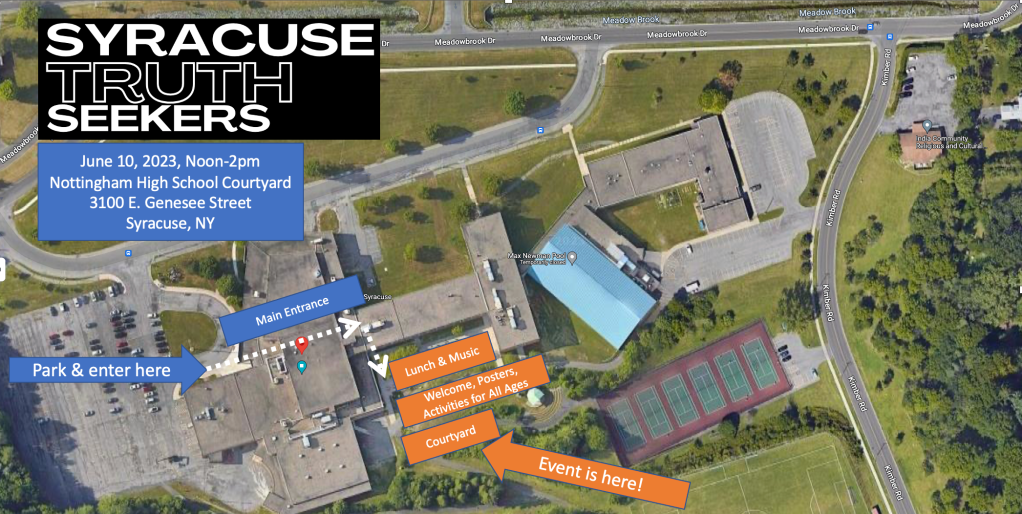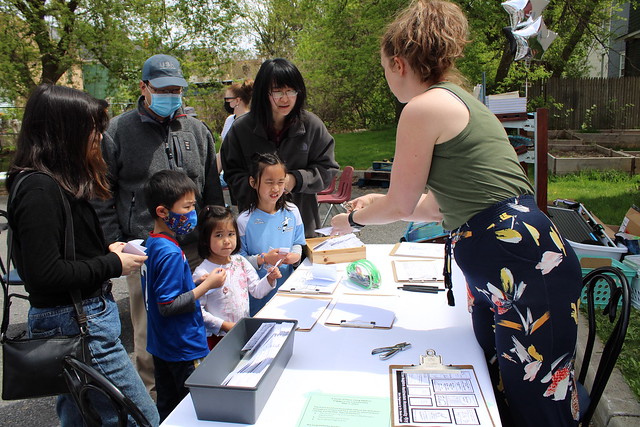What counts as meaningful algebra? Who is supported to learn algebra meaningfully? I’m excited to share a compilation of research and practice through the visual strategy of sketchnotes in a forthcoming book. Please reach out for inquiries about workshops and events.

Fonger, N. L. (2024). Making algebra meaningful: A visual approach to math literacy for all. https://www.tcpress.com/making-algebra-meaningful-9780807769966
Description: An essential understanding of the uses and practices of algebra remain out of reach for many students. In this book, award-winning researcher Dr. Nicole Fonger addresses the issue of how to support all learners to experience algebra as meaningful. In a highly visual approach, the book details four research-based lenses with examples from 9th-grade algebra classrooms: (1) students’ algebraic reasoning and representing; (2) goal-directed classroom practices with technology; (3) culturally and historically responsive algebra literacy; and (4) teachers’ journeys toward antiracism. The author makes connections among research in algebra education; teaching algebra; and leading ambitious, equitable, and antiracist visions for algebra education.
By the End of This Book, You Will:
- Learn how to support students to fluently reason and represent expressions, equations, and functions.
- Learn how to design algebra lessons that are culturally and historically responsive to students’ experiences and social justice issues.
- Learn to use sketchnotes to reflect on and communicate complex ideas in teaching and learning algebra.
- Have a set of tools for guiding the design of instruction to support meaningful algebra learning for all students.
Download and print the attached zine on What is algebra? Learn how to fold a zine by Prof. Fonger and share with your colleagues.
Fonger, N. L. (2024). What is algebra? A zine.





































